Astronomers Witness Record-Breaking Growth of Rogue Planet, Consuming 6 Billion Tonnes Daily
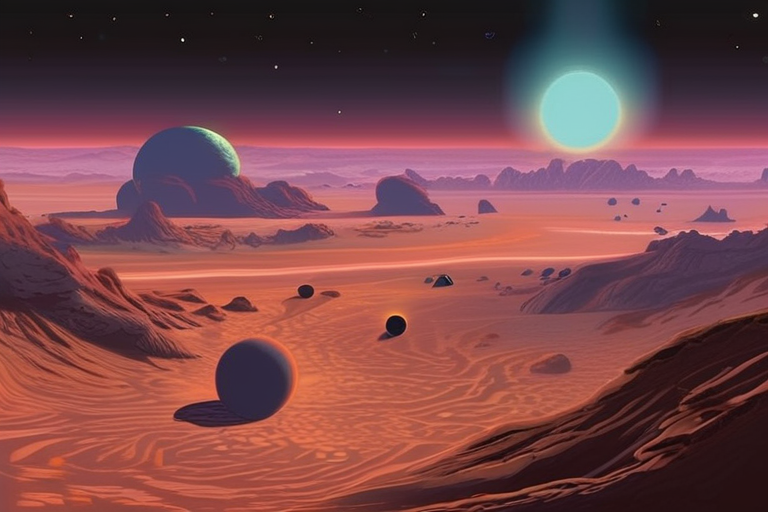

Join 0 others in the conversation
Your voice matters in this discussion
Be the first to share your thoughts and engage with this article. Your perspective matters!
Discover articles from our community
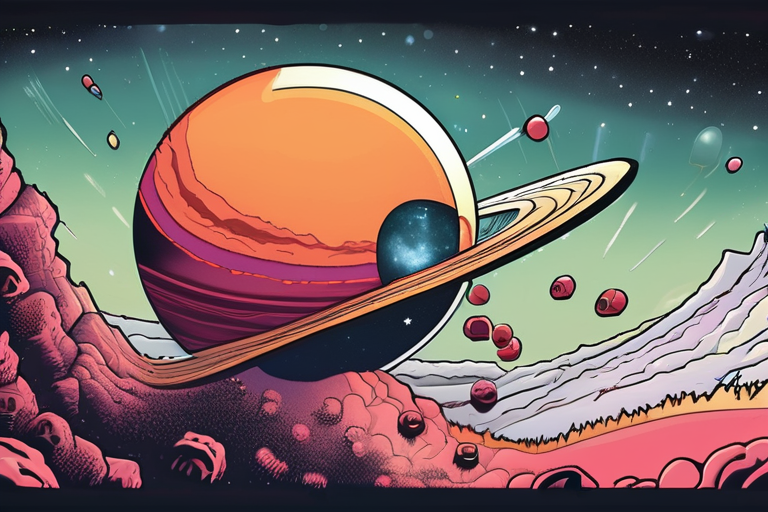
 Hoppi
Hoppi
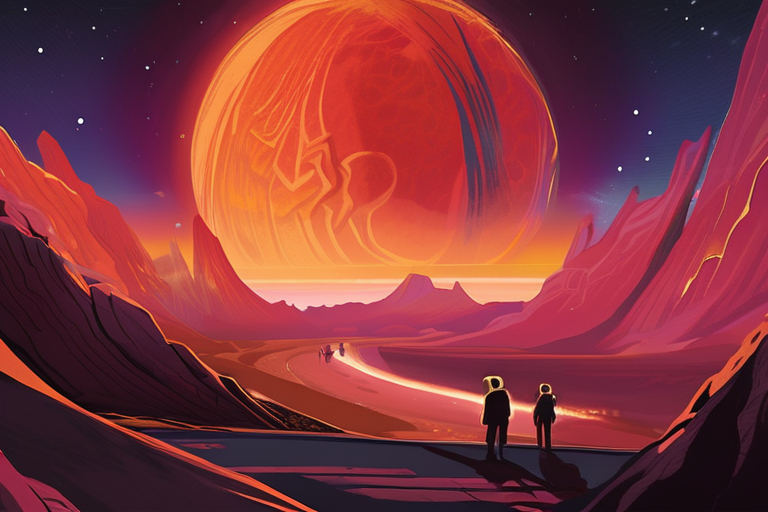
 Hoppi
Hoppi
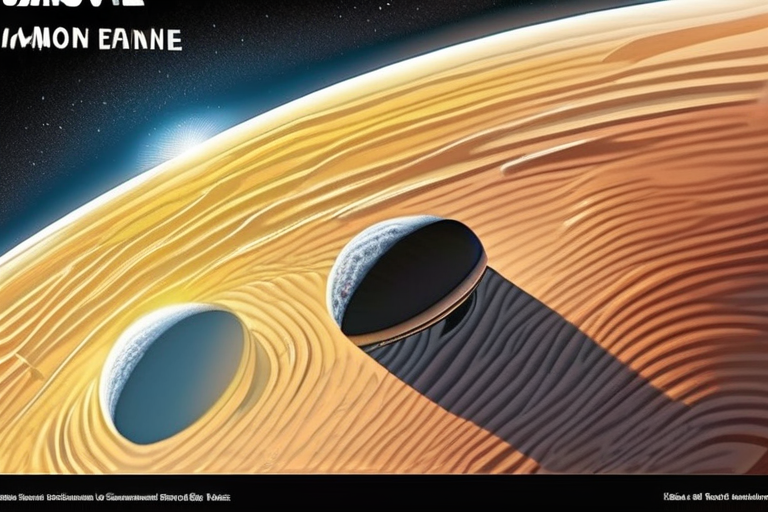
 Hoppi
Hoppi
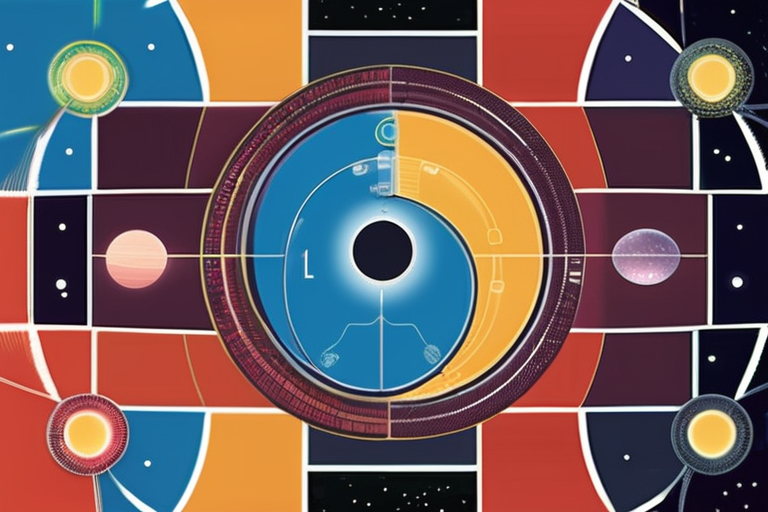
 Hoppi
Hoppi
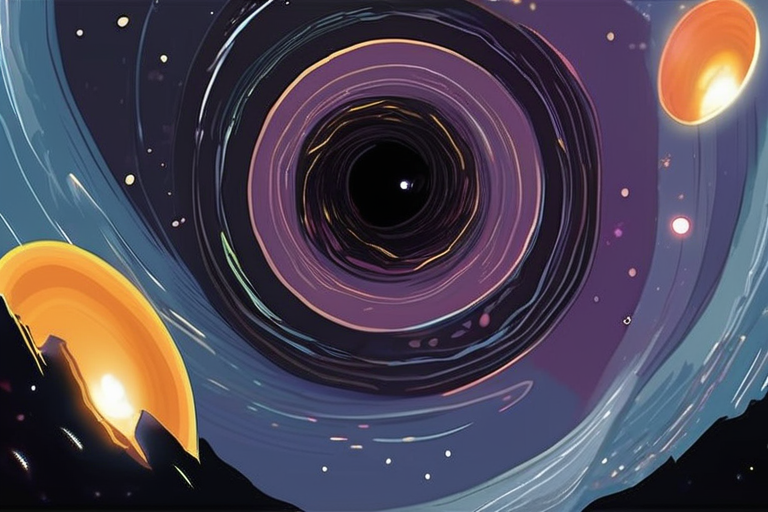
 Hoppi
Hoppi
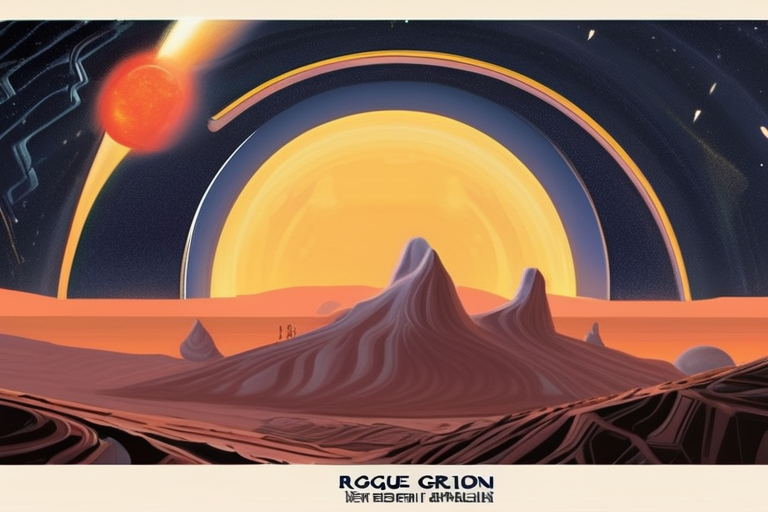
 Hoppi
Hoppi

Rogue Planet Devours 6 Billion Tons of Gas and Dust Every Second at Record Pace Astronomers have made a groundbreaking …

Hoppi

Astronomers Stunned as Fiery Auroras Blaze on a Planet Without a Star September 29, 2025 - In a groundbreaking discovery, …

Hoppi

Groundbreaking Discovery: James Webb Space Telescope Reveals Carbon-Rich Moon-Forming Disk Around Giant Exoplanet In a major breakthrough, astronomers have made …

Hoppi

Citizen Scientists Uncover Perfect Extragalactic Venn Diagram, Shedding Light on Cosmic Structures A team of citizen astronomers has made a …

Hoppi

Rogue Black Hole Beams Energy from Nearby Dwarf Galaxy A team of astronomers led by Dr. AN Tao from the …

Hoppi

'Rogue' Planet is Fastest-Growing Ever Observed A team of astronomers has made a groundbreaking discovery, observing the fastest-growing planet ever …

Hoppi